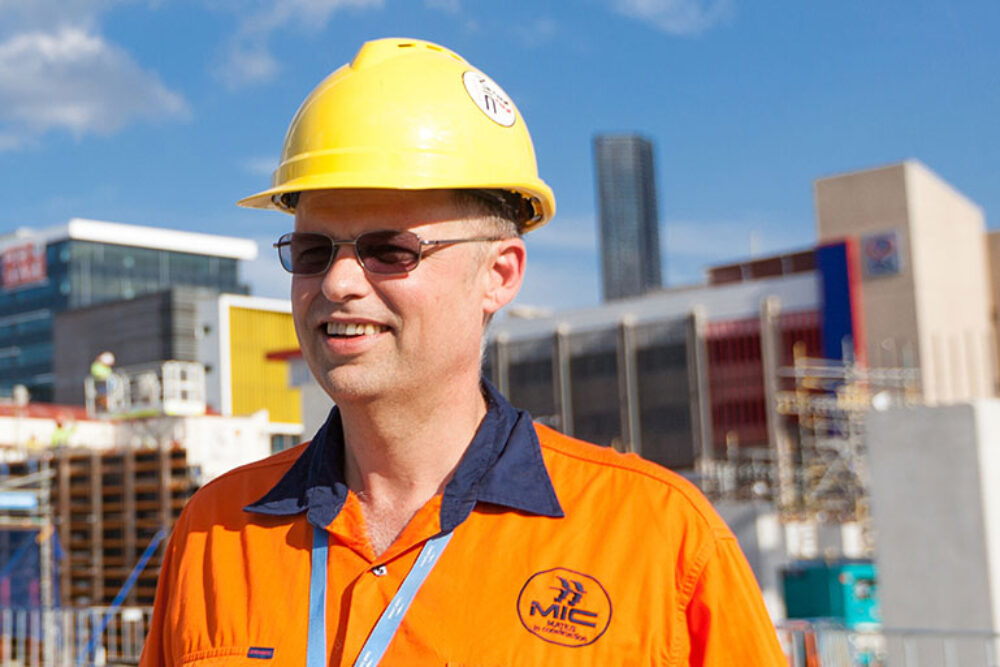A deep concern about high suicide rates within the construction industry led Griffith University alumnus Jorgen Gullestrup to start up the world’s only industry-based suicide prevention program.
“Australian men often struggle to talk about their feelings, which makes them less likely to seek help for mental health issues,” Jorgen explains.
“Every second day Australia loses a construction worker to suicide, with men in the industry six times more likely to die from suicide than from a work accident.
“In fact, a study released by the Australian Institute for Suicide Prevention and Research (AISRAP) found that construction workers were more likely to die by their own hand, with young men having the highest risk.
MATES in Construction aims to lower their risk by harnessing the power of the great Aussie spirit of mateship to successfully engage workers in the construction industry to look out for one another.
Jorgen says men are responsive to messages about workplace safety, so conversations that focused on risk management around mental health helped to break the ice on such a sensitive topic.
“Men might not be adept at expressing our feelings but one thing we are good at is problem-solving—give us a concrete problem and we’ll move mountains to try and fix it,” he says.
“So we created our program to focus on help-offering, rather than help-seeking and encouraging ‘gatekeepers’ within the community to offer that help instead of relying on intervention from outside the industry.”
Jorgen graduated with a masters degree in suicidology in 2015, after previously completing his training in suicide prevention.
He first introduced MATES in Construction to Queensland building sites in 2008 with a budget of $400,000.
The program now runs on a $7 million annual budget, is available in four states and has attracted interest from industry leaders overseas.
“I’m a plumber by trade and was a union official in the construction industry so I was aware of the problems in that area and my studies at Griffith convinced me that a tailored program was needed,” says Jorgen.
MATES in Construction has won several awards for successfully initiating a conversation around suicide prevention on building sites.
And recent data suggest that it’s having an impact.
“During the five years since inception of MATES in Construction the overall male suicide rate increased slightly, but suicides in Queensland construction workers dropped by eight per cent,” he says.
Before that, Queensland had one of the highest construction suicide rates and we managed to turn that around to where we now have the lowest rate in the country.
“While it’s not conclusive proof that MATES in Construction is responsible for the change, it’s a good outcome, nonetheless.”



